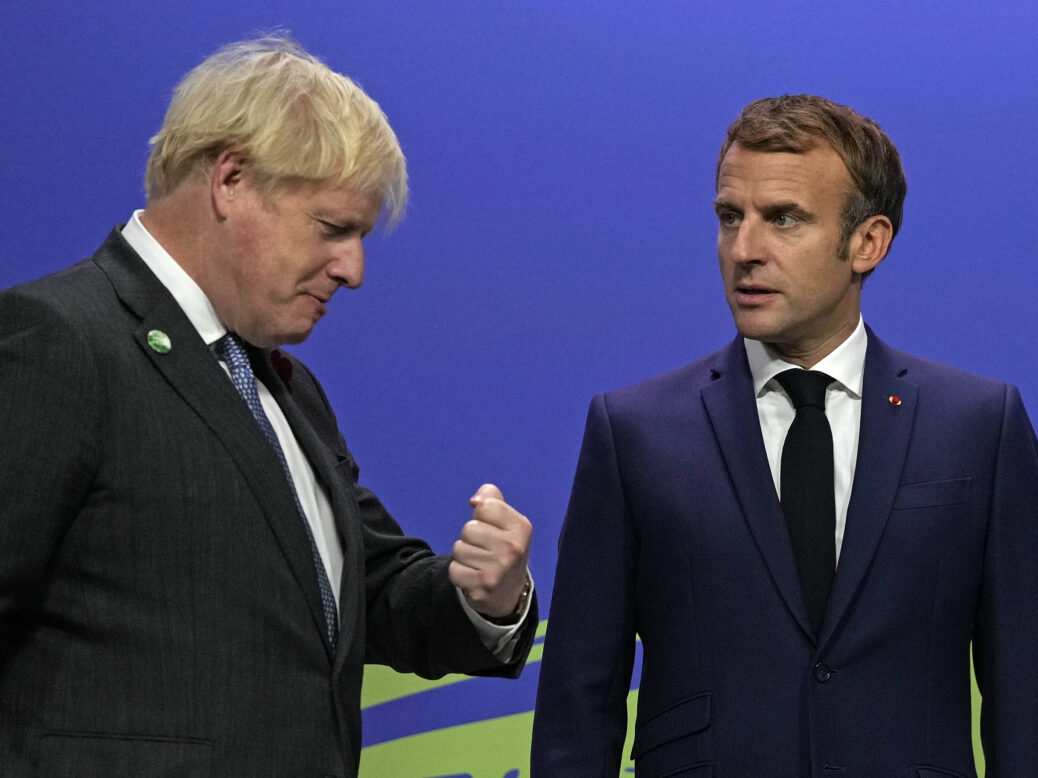
Is “damages” an accurate translation of the French word “dommages”?
That is the key question in a row which erupted this weekend between France and the UK. Politico used that translation to report on a leaked letter from French Prime Minister Jean Castex to EU Commission President Ursula von der Leyen. According to Politico, France was calling for the UK to be “punished” for leaving the EU in the context of a dispute between both countries over fishing rights.



